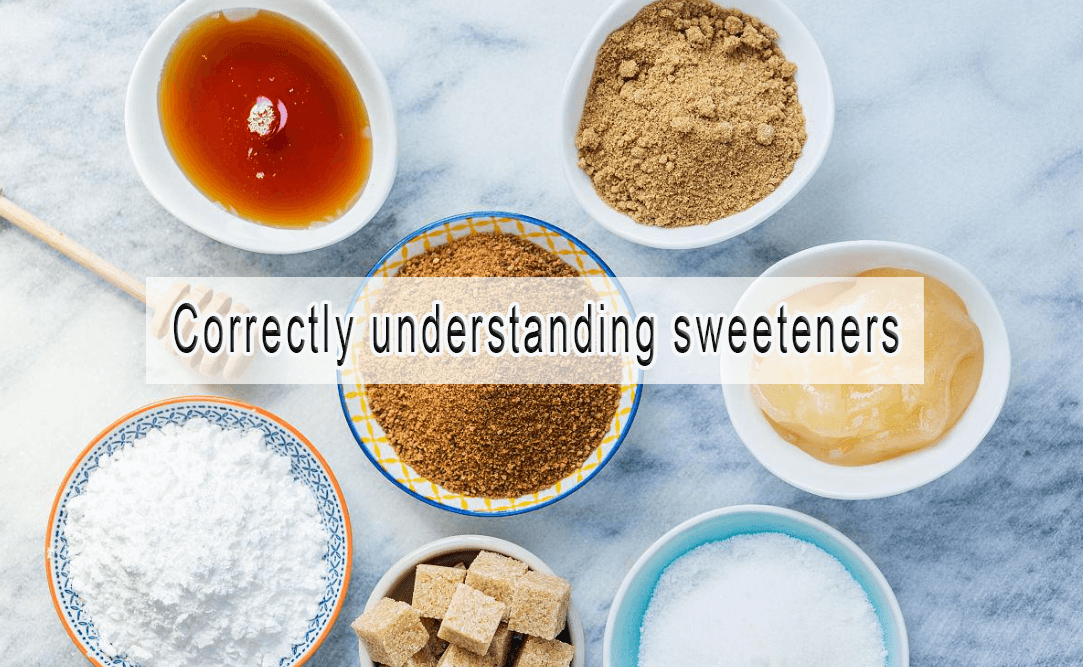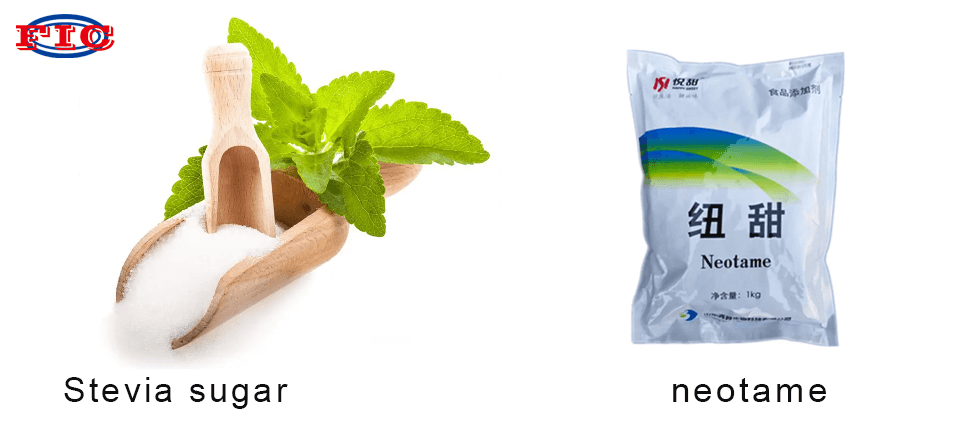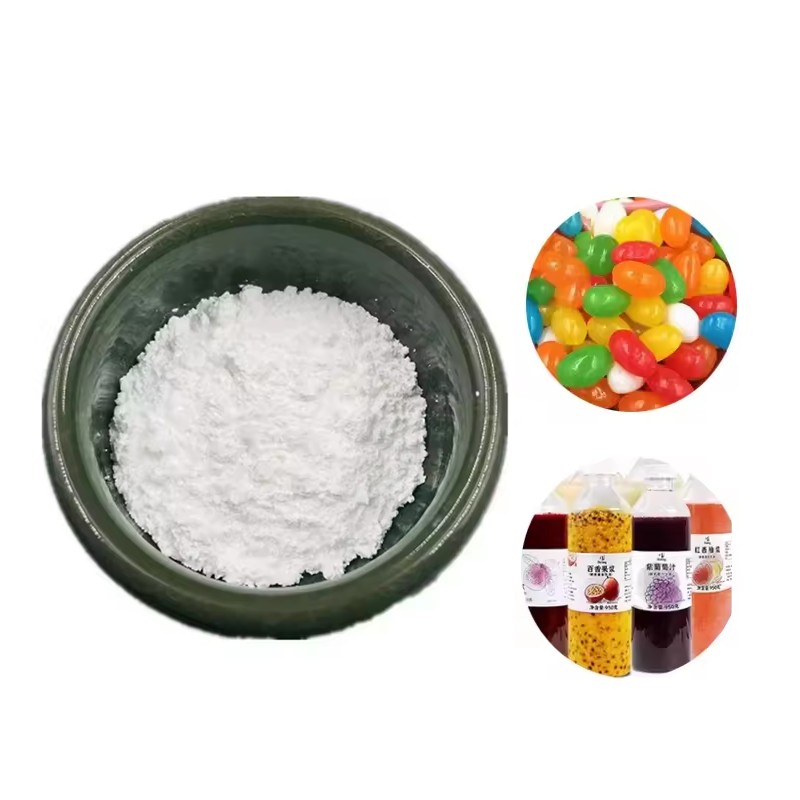
Correctly understanding sweeteners
Sweeteners are food additives that provide sweetness to food or beverages. In modern diets, sweeteners play an important role, especially for consumers who want to reduce sugar intake, control blood sugar, or manage weight. Here are some key points about sweeteners to help you understand them correctly:
Classification:
According to nutritional value, it is divided into nutritional sweeteners (such as sucrose, honey) and non nutritional sweeteners (such as aspartame, saccharin), with the latter having almost no calories or nutritional value.

According to sweetness: it is divided into low sweetness (such as xylitol) and high sweetness (such as neotame, whose sweetness is thousands of times that of sucrose).

According to their sources, they are divided into natural sweeteners (such as steviol and sucrose) and synthetic sweeteners (such as aspartame and saccharin).
Safety:
The sweeteners allowed to be used on the market have undergone strict food safety assessments to ensure that they are safe for the human body within the prescribed dosage.
Function:
The main advantage of sweeteners is that they can provide sweetness without increasing calories. They are suitable for diabetes patients, obese people and people who need to control blood sugar and calorie intake.

Application:
Sweeteners are widely used in beverages, candies, pastries, and some medical products, which can effectively extend the shelf life of products and improve the taste of food.
Reasonable use of sweeteners can help people reduce their dependence on added sugars, thereby controlling sugar intake and assisting in health management.

In short, sweeteners are an indispensable part of the modern food industry, providing a sugar reducing solution while meeting people’s demand for sweetness. However, consumers should understand and reasonably choose sweetener products that are suitable for their health conditions, and be careful not to overly rely on them to maintain a balanced diet.












